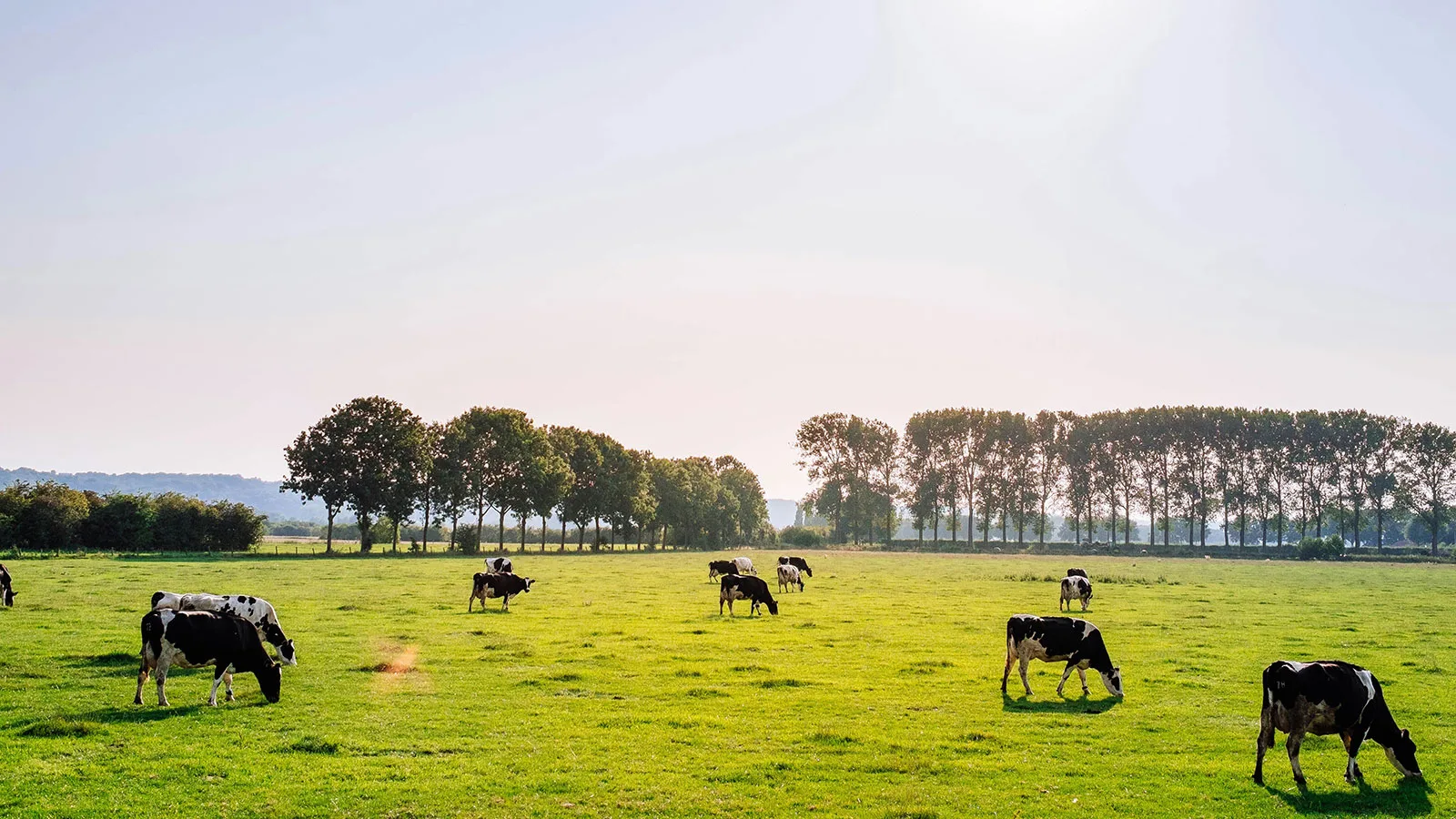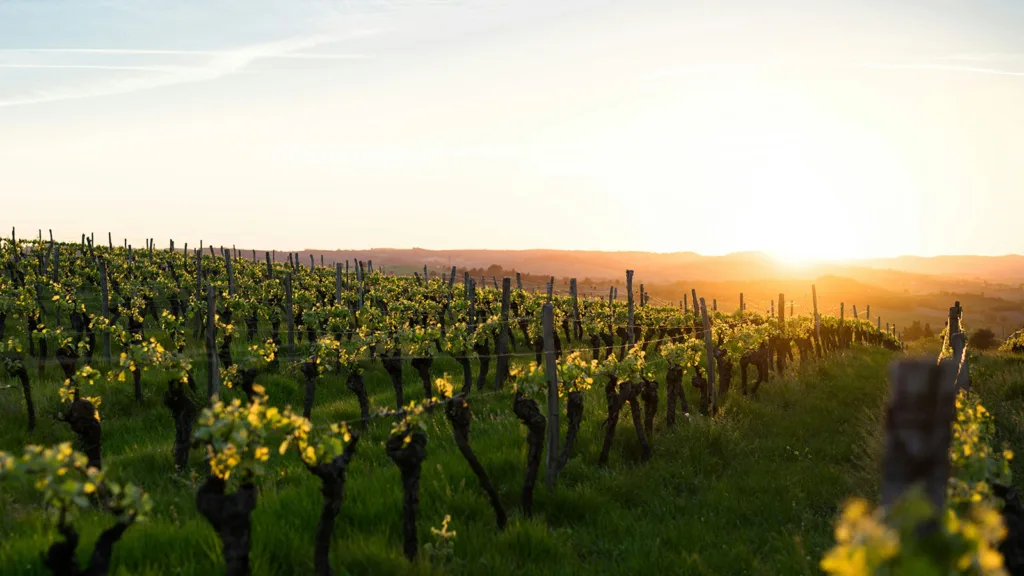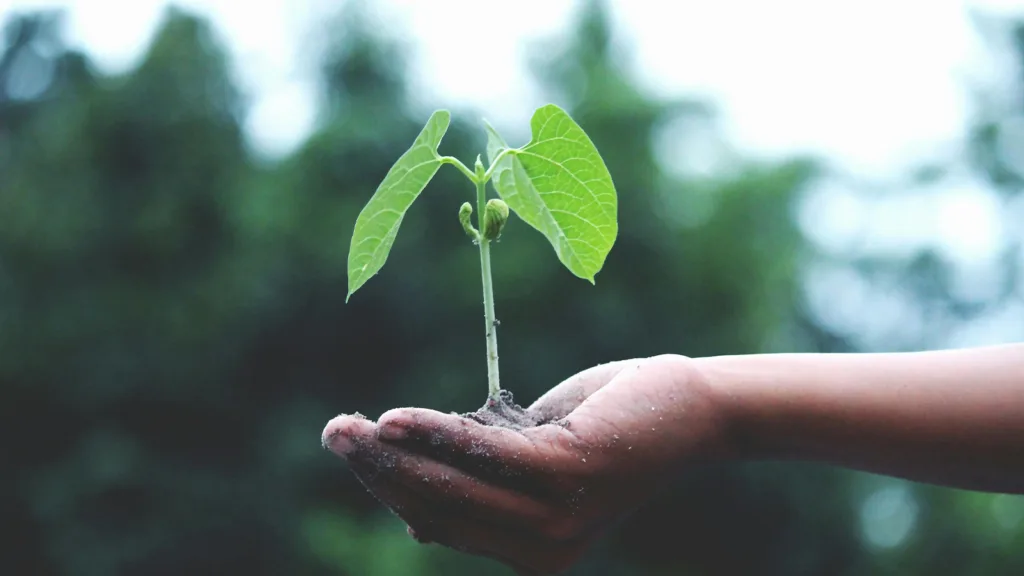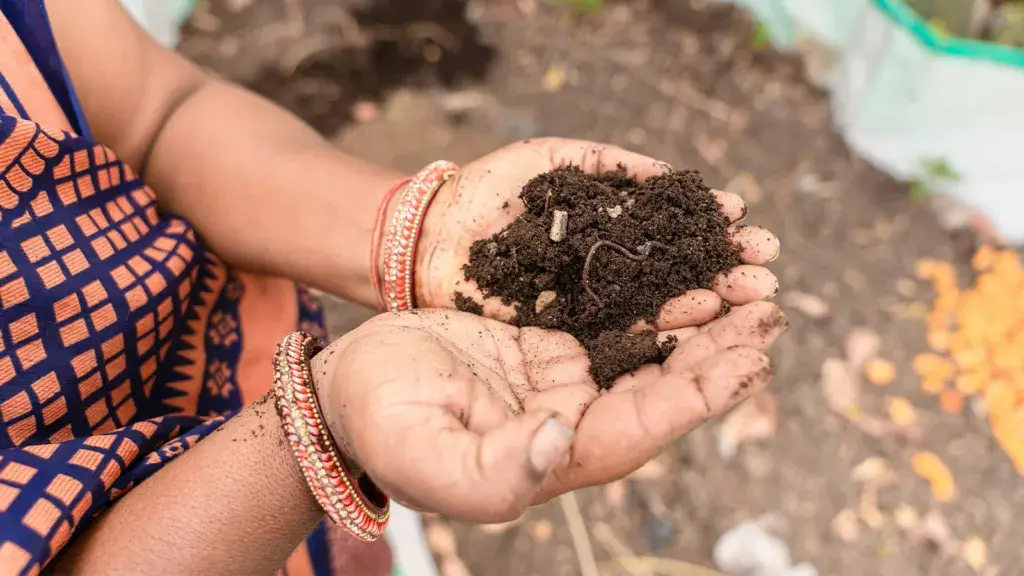This impact story is part of a series featuring companies that are members of One Planet Business for Biodiversity (OP2B)/ World Business Council of Sustainable Development (WBCSD). Through these stories, we aim to showcase our members’ commitment to driving the transition to regenerative agricultural practices, the impact on farmers and the role OP2B plays in supporting this transformation.
As the global dairy industry faces increasing pressure to address climate change and biodiversity loss, Arla Foods, one of the world’s largest dairy cooperatives, is driving systemic change. With 7,600 farmers across seven Northern European countries, the cooperative grounds its mission in the stewardship of the land these farmers cultivate. Hanne Søndergaard, Arla’s Chief Agriculture and Sustainability Officer, highlights the cooperative’s steadfast commitment, the impact of its initiatives, and its vision for collective action through the OP2B coalition.
Arla’s commitments to a sustainable future
Arla Foods is dedicated to reducing its environmental footprint through sustainable land management and climate action initiatives. “Our farmers don’t just farm in fields; they farm in nature,” Søndergaard explains, underscoring Arla’s holistic approach. The cooperative adheres to science-based targets (SBTs), aiming for a 30% reduction in on-farm emissions by 2030—a goal currently being updated to align with the latest FLAG (Forest, Land, and Agriculture) standards. In addition, the cooperative has started mapping environmental pressure points to guide efforts beyond climate, addressing land and water use.
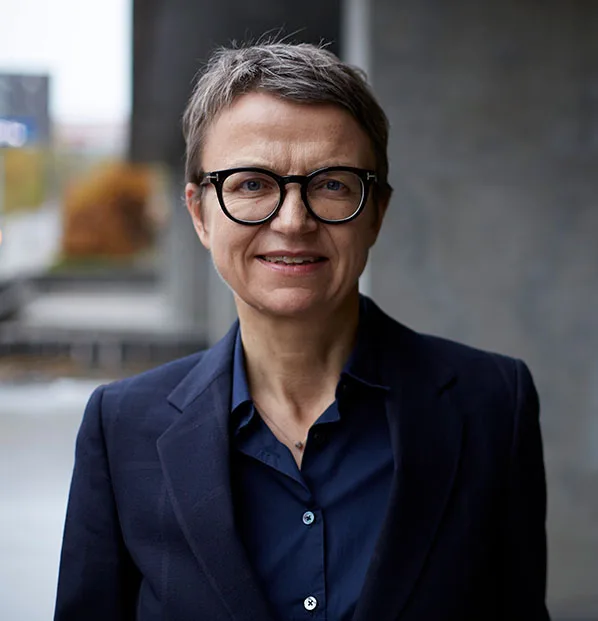
Farmers are driving the transition
Arla’s FarmAhead program encourages farmers to adopt sustainable practices, ensuring an inclusive transition.
This journey must empower every farmer to act, ensuring that no one is left behind in the transition to sustainable practices.
– Hanne Søndergaard
The cooperative sets outcome-based targets guided by Key Performance Indicators, enabling every farmer, regardless of their starting point, to contribute to this mission. By leveraging its direct relationship with an extensive network of farmers, Arla drives large-scale change across its supply chain.
These indicators are assessed annually through the FarmAhead Check, an evaluation verified by an independent third party. Building on the data collected in the FarmAhead Check is the FarmAhead Incentive, where top-performing farms can accumulate up to 80 points, earning an additional 0.03 Eurocents per liter of milk per point—up to a maximum of 2.4 Eurocents per liter. This points-based model provides a significant financial incentive, particularly impactful in large-scale dairy operations.
“Farmers are at the heart of this process. That is what we need to communicate so others will start to change. Because if farmers do it themselves, others will follow,” explains Søndergaard, emphasizing the snowball effect Arla seeks to create.
I am now much more in tune with my soil, I see it as such a valuable asset to the farm and I have to keep my underground community happy if I want to run a good business.
– Hans Svensson, Arla farmer
Neil Baker, a member of Arla’s regenerative farming pilot scheme, adds: “The concept encompasses much more than simply focusing on the soil. I prefer to use the term ‘circular farming.’ As part of the pilot project, I am looking to grow maize without chemical inputs and explore the economic implications by calculating carbon emissions from ‘ghost acres.’” Beyond performance-based rewards, Arla also incentivizes specific actions such as converting manure into biogas or utilizing deforestation-free feed. Farmers can update their progress quarterly by submitting verified documentation, ensuring transparency and accountability. This program has already contributed to a reduction of the company’s CO2 emissions by one million tons over the past two years.
“When we started this project, I didn’t know really know what regenerative was, but now I feel like Arla are ahead of the rest. We must continue to be pioneering in this way, we can no longer do what our Fathers’ did, it is about making what we do better, for our businesses, for society and for the environment around us, says Arjen Verschure, Arla farmer.
Peer learning is key
Arla recognizes the value of farmer-to-farmer trust in driving change. “Farmers trust other farmers the most,” Søndergaard emphasizes. To foster knowledge sharing, Arla has established a network of 24 pioneering farmers across several European countries, including Denmark, the UK, Sweden, Germany, and the Netherlands. These farmers share experiences, challenges, and successes at training events, inspiring their peers to adopt new practices.
The role of OP2B: a collective vision for the future
As a member of the OP2B coalition, Arla values collective action as a driver of industry-wide change. “OP2B has helped us connect with the industry and focus on the outcomes we need our farmers to achieve,” Søndergaard states. One standout initiative involves landscape-based approaches that integrate biodiversity into agricultural practices. By collaborating with industry players and policymakers, OP2B fosters frameworks that align with European and global environmental goals.
Søndergaard underscores the importance of translating OP2B’s initiatives into concrete actions by fostering cross-sector collaboration and developing scalable models for landscape-based approaches to nature and biodiversity. She also emphasizes the necessity of aligning these efforts with EU and global policy frameworks to create a supportive regulatory environment for sustainable agriculture. She further highlights that financing these initiatives is pivotal for driving transformation within the agricultural sector.
Collaborative efforts between governments, businesses, and financial institutions are indispensable to fund large-scale transitions and embed sustainable practices across the industry.
– Hanne Søndergaard
Regenerative agriculture is a critical solution to transform the way we produce food, feed and fiber, benefiting the climate, nature and people. Over the next years, the OP2B coalition will focus on unlocking three strategic key levers for to scale up regenerative agriculture: harmonizing measurement, fostering collaborations to support farmers’ transition, advocating for supportive policies to create an enabling environment.
Outline

